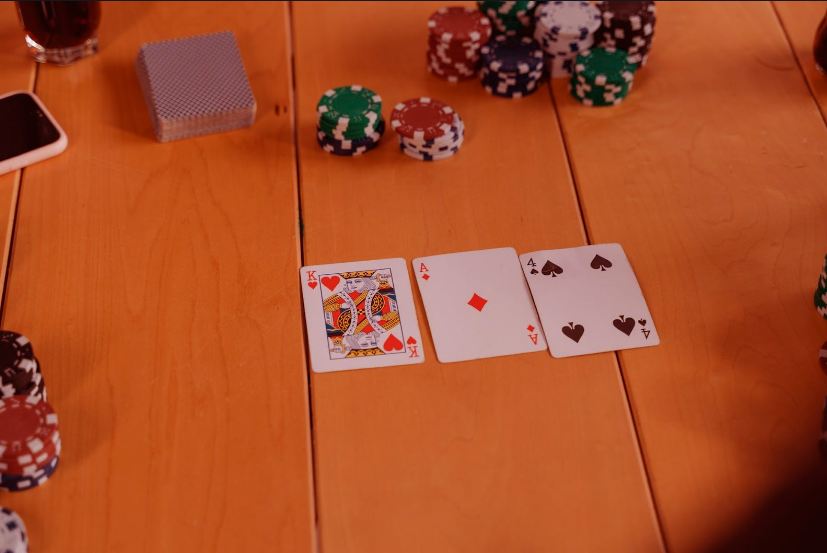Poker will always be a game of chance. Whether you’re the luckiest or unluckiest player in the world, you’ll always be at the whim of the deck. Even the most successful players can find themselves on lengthy losing streaks. This just goes to show that luck is a key part of the game, and whether you’re just starting out, or you’re a professional, you always have to keep it in mind.
Just because the odds are against you doesn’t mean you can’t turn them more in your favour. Poker is a game of chance, but with some clever thinking and risk assessment, you can increase your chances of winning. Seasoned professionals may lose money, but over the course of a career, they will win far more than they lose. So, what exactly is it that they are doing? Well, here’s how to improve your odds at the poker tables.
Gain experience at low stake tables
Just like any hobby or skill, if you want to improve your poker skills you will need to play a lot of it. Free tables will help you learn the most rudimentary rules of the game, but you need to bet with money to truly gain an understanding of the different dynamics in poker. This is where low stakes tables come into play. You can find low stakes tables in casinos and online, so there’s no reason not to get started. The more time you get on the table, the more comfortable you’ll be in the game. You can’t begin to improve your skills until you fully understand the game, and are comfortable in games with real money.
Know when to fold
Poker is all about analysing your chances at all times. While it can be tempting to bluff your way to a collective fold, sometimes it’s better for you to fold and try again in the next round. The classic poker film Rounders, with Matt Damon and John Malkovich shows the importance of folding. The film’s primary protagonist folds on what will be a weaker hand, before pulling a straight in the next round. Just knowing when the right time to fold comes along can go a long way to improving your odds of winning.
Learn the math
While poker doesn’t necessarily involve advanced mathematics, it does involve complex arrays of odds relating to playing and betting decisions most likely to yield positive outcomes. By scanning the active cards in the game, including your own, you can start to understand the probability of certain hands. When you start learning the probability of a high, low, or even a flush hand, you can really start to increase your odds of success. It will never fully guarantee a win, but you can increase the chances.
Bankroll management
One of the most important tips for winning at poker is bankroll management. This key element will help ensure long-term success in poker. Without a properly funded poker career, you’ll find yourself crashing out of games before you’re able to even make a dent. A good bankroll will include at least 25 times the buy-in amount for the game you are in. If you’re limited in budget, consider playing in lower stakes games in the meantime, just to keep your skills up.
Bluff
One element of the game you can control is how you behave and react. Bluffing is the act of forcing your opponents to assume which hand you have. It’s a legitimate tactic, which can sometimes change the course of a game, regardless of your current hand. You also need to ensure you don’t have any tells. Your opponents will scan your every move, checking to see if they can figure out your hand. Getting your bluffing game nailed will go a long way to improving your odds at the poker tables.




